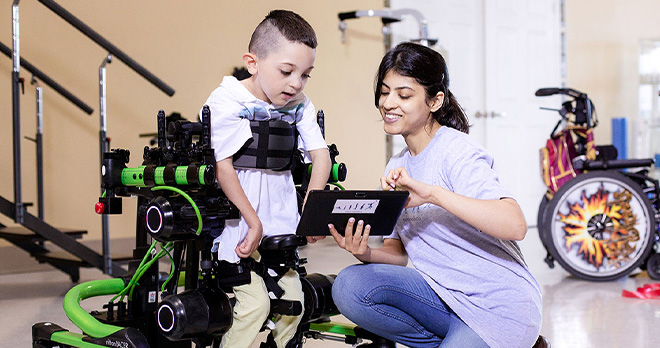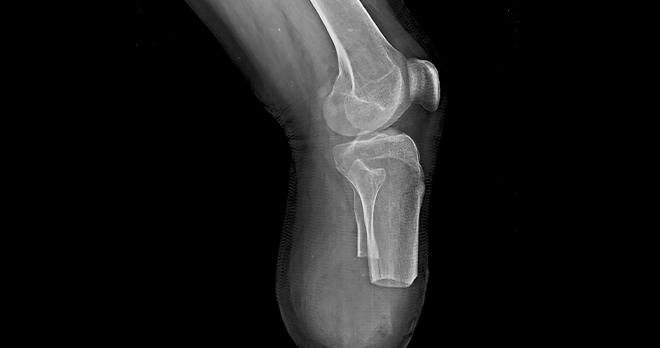Sepsis – what you need to know and when limb loss occurs

Sepsis, sometimes called septicaemia or blood poisoning, is a life-threatening reaction to an infection. It happens when the immune system overreacts to an infection and starts to damage on the body’s own tissues and organs. Sepsis is the number one cause of preventable death in the world.
Signs and symptoms of sepsis
Symptoms include:
- Feeling very unwell or like there’s something seriously wrong
- Uncontrolled shivering
- Passing no urine all day (for adults or older children) or in the last 12 hours (for babies and young children)
- Vomiting or incapability of keeping down any food or milk (for babies and young children)
- Very high or low temperature, feeling hot or cold to the touch
- Swelling, redness or pain around a cut or wound
- Acting confused or slurred speech
- Blue, pale or blotchy skin, lips or tongue
- Difficulty breathing, breathlessness or breathing very fast
Sepsis can be especially hard to spot on babies and young children, people with dementia, people with a learning disability and people who have difficulty communicating.
Who can get it?
Anyone with an infection can get sepsis. However, some people are more likely to get an infection that could lead to sepsis, including:
- Babies under 1, particularly if born premature or mother had an infection while pregnant
- People over 75
- People with diabetes
- People with a weakened immune system, such as those having chemotherapy treatment or who recently had an organ transplant
- People who have recently had surgery or serious illness
- Women who have just given birth, had a miscarriage or had an abortion
Causes of sepsis
When germs get into a person’s body, they can cause an infection. If the infection is not stopped, it can cause sepsis. Bacterial infections cause most cases of sepsis.
Sepsis can also be a result of other infections, including viral infections, such as COVID-19 or influenza.
Treatment and recovery
If sepsis is detected early and hasn’t affected vital organs yet, it may be possible to treat the infection at home with antibiotics. Most people who have sepsis detected at this stage make a full recovery.
If sepsis is not treated early, it can turn into septic shock and cause organ failure. This is life threatening.
Other tests or treatments depending on the symptoms may be needed, including:
- Treatment in an intensive care unit
- A ventilator
- A surgery to remove areas of infection
The person affected may need to stay in hospital for several weeks. Most people make a full recovery from sepsis, but it can take time.
How can sepsis lead to amputation?
Amputations can be the result of sepsis or be a cause of sepsis. There are, on average, about 38 amputations a day due to sepsis and about 1% of sepsis survivors undergo one of more surgical amputation of a limb or digit as a result of sepsis. This could be one limb on a patient or multiple fingers/toes and limbs.
When someone has sepsis, the clotting mechanism works overtime. As nutrients cannot get to the tissues in the fingers, hands, arms, toes, feet, and legs, the body’s tissues begin to die and can cause gangrene.
At first, the skin may look mottle, bluish purple, and then black. This dead tissue must be removed because it can cause infection to spread. If the gangrenous are is small enough, the surgeon may be able to remove just enough to stop the spread. However, if the damage is extensive, an amputation may be needed.
The decision to amputate is based on making sure enough tissue is removed to ensure that all the damaged tissue is gone, but also trying to preserve the patient’s independence and mobility as much as possible.

Read our guide to amputations
If you have experienced limb loss, find out more about choosing the right prosthetic, the support available to you, and more in our guide.
Our guide covers what you need to know about types of amputation, rehabilitation, prosthetics, support networks and more.
If you have suffered limb loss as a result of negligent treatment or an accident, and want to find out whether you can make a claim for compensation, please contact our team today.
Call now
Read more on limb loss
Read more about amputation from our Info Hub
View more articles related to Amputation







